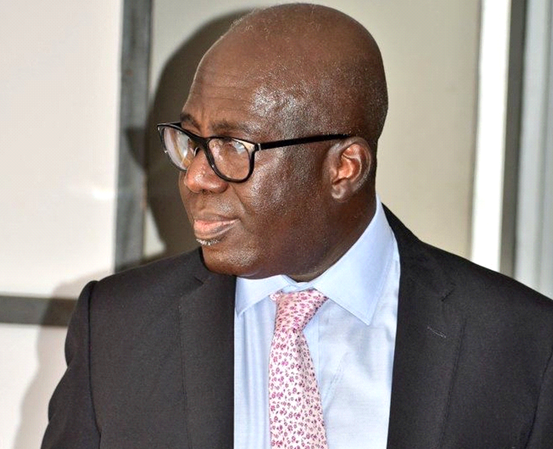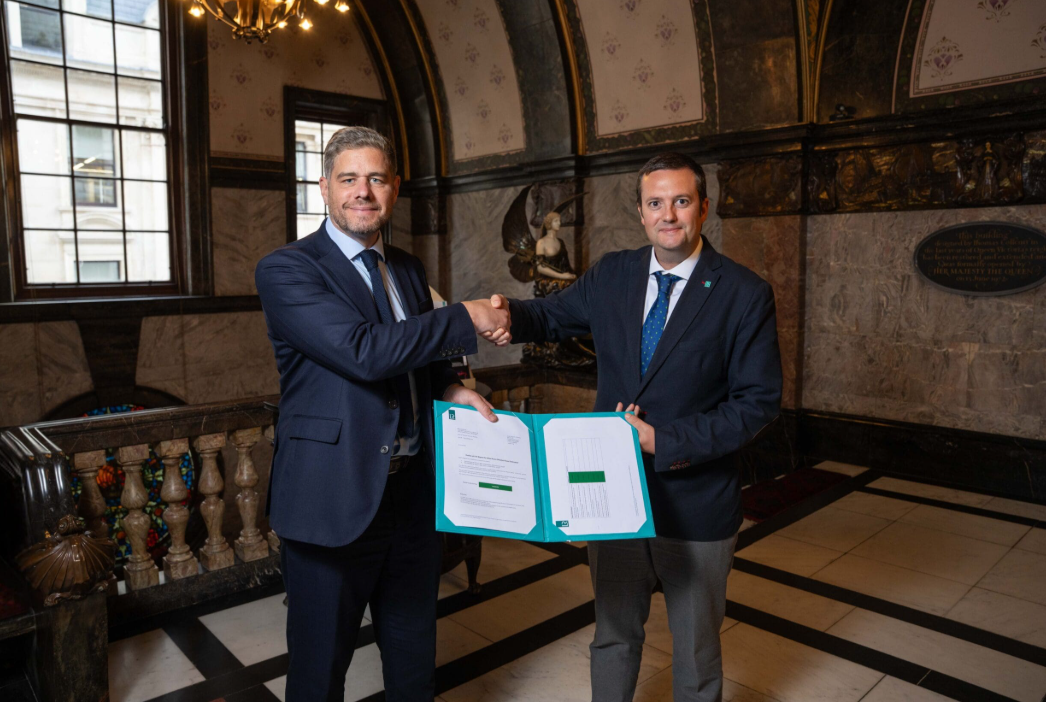By Francis
Copyright thebftonline

By Frederick N. K. MOORE
Across Africa – and Ghana in particular – the call for reparations has become central in policy, academic and diplomatic circles. This is justified. The legacy of slavery, colonialism and economic exploitation continues to shape the continent’s structural inequalities.
But as we ask the world for reparations, we must also confront a hard question – are we not repeating the very patterns we seek compensation for?
In sector after sector, African nations are entering extractive contracts that echo colonial-era arrangements; granting majority ownership and profits to foreign entities while retaining the burden of environmental degradation, roads and infrastructure that support the industry, displacement of our people, underdevelopment and little support for locals.
Take Ghana’s mining and energy sectors. Gold, bauxite, oil and now lithium are being developed largely under terms that favour external investors.
These agreements often undervalue the resource base itself, treating minerals in the ground as if they were free and have little consideration to long-term national interest, technological advancement or community benefit.
This is not simply bad economics. It undermines our sovereignty and contradicts our broader calls for justice and equity on the global stage. And most importantly, the call for reparations for yesterday’s ills.
The strategic blindspot
Policymakers must recognise a strategic blindspot: the focus on attracting foreign direct investment (FDI) has overshadowed the need to retain control over the value chain. Ownership structures, transfer pricing loopholes and lack of enforceable local content requirements mean African governments see minimal returns relative to the value extracted.
This happens even if the investor is a local (a national). The problem is not the investor but rather valuation of the assets, the contract, fairness and value for money. Your worth is not determined by your revenue but by your assets. To devalue our natural resources is to condemn Ghana and Africa into poverty.
For example, in many contracts the state holds approximately 10–20% equity in joint ventures, even though the resource belongs to the state. Royalties are often capped at 3–5% – and tax incentives and infrastructure required further erode potential revenues. The result is that our economies remain dependent on exporting raw commodities while importing finished goods, losing out on both revenue and industrial capacity. The end result is continuously extending our begging bowl for alms.
Reparations must start with ourselves
The moral and political case for reparations from former colonial powers is sound. But if we are serious about justice, we must stop giving away what we already own. Reparations are not just about money owed for past wrongs, they are also about correcting the systems that continue to perpetuate injustice today.
That begins with smarter, more assertive contract negotiation grounded in transparent and competitive bidding processes for extractive licences, independent resource valuation before contract finalisation and local equity ownership or stronger profit-sharing mechanisms.
This again requires smarter, more deliberate contract negotiation rooted in mandatory technology transfer and skills development clauses, environmental and community impact frameworks with binding enforcement, sovereign wealth fund mechanisms to manage and invest extractive revenues and breaking clauses in the contract for continuous review to determine benefits to the host country – like a host quota for all senior staff to be locals.
A new era of economic nationalism
What Africa needs is not nationalism in rhetoric alone but economic nationalism in policy. Not isolationism, but assertiveness. Not dependency, but strategy. Countries like Botswana have shown that with political will it is possible to manage natural resources in a way that benefits the nation first, without alienating investors.
Ghana and other African countries can do the same.
The next generation of contracts must reflect our goals, not just investor comfort. The resources beneath our soil are not liabilities, they are leverage. And if we fail to use them wisely, no amount of reparation payments will compensate for the value we are giving away in real time.
Let us not just demand justice from abroad – let us deliver it at home.
About the the author
Frederick N. K. Moore is an accomplished finance executive, chartered accountant and strategic leader with over two decades of cross-sector experience spanning the United Kingdom and Ghana. He is a Fellow of the Association of Chartered Certified Accountants (FCCA) and a Member of the Chartered Institute of Management Accountants (CIMA), with a track record of driving institutional growth, financial sustainability and governance reform.
Frederick Moore has held top leadership roles including CEO of ICA Ghana, Accra Hearts of Oak and Finance Consultant to the GFA. He also held senior finance roles in the UK.



